Impact of Social Media on Relationships and Family Life
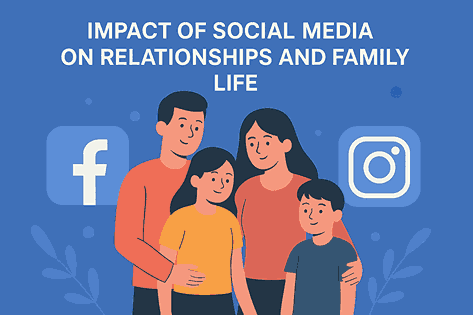
Introduction
Social media has become one of the most powerful tools in today’s world. It connects people across countries, cultures, and time zones. Platforms like Facebook, Instagram, TikTok, and WhatsApp have changed how people interact. While these tools make communication faster and easier, they also come with challenges. In family life and personal relationships, it can be both a blessing and a burden. It can strengthen bonds but also create distance. Understanding its impact is essential for maintaining healthy and balanced relationships.
How Social Media Strengthens Relationships
One of the positive effects of social media is that it helps people stay connected. Families separated by distance can easily share updates, photos, and videos. Grandparents can see their grandchildren grow even if they live in another city. Parents working abroad can use video calls to stay close to their children.
Couples can also use social media to express love and support publicly or privately. Celebrating birthdays, anniversaries, and achievements online adds joy. For young adults, it often becomes a way to meet new people who share similar interests, leading to long-term friendships and even marriages.
The Pressure of Unrealistic Expectations
Despite these benefits, social media often creates unrealistic standards for relationships. Constantly viewing “perfect couples” online can cause dissatisfaction in real life. Many people compare their relationships with what they see on Instagram or TikTok, forgetting that most of these posts are edited highlights, not real daily struggles.
This pressure leads to stress, disappointment, and even conflicts. A spouse may feel undervalued if their partner does not post about them online. Teenagers may struggle with low self-esteem when comparing their families to those who appear wealthier or happier. Such comparisons weaken the natural appreciation for real bonds.
The Rise of Digital Distraction
Another challenge is digital distraction. Families often sit together physically but remain apart emotionally because each person is busy scrolling on their phone. Parents sometimes complain that children spend more time online than with family. At the same time, children may feel ignored when parents are glued to work emails or social media.
This distraction creates gaps in communication. Important discussions about school, career, health, or emotions may never happen because family members are mentally absent. Over time, this distance can damage trust and closeness within the household.
Jealousy and Misunderstandings in Relationships
Social media has also increased jealousy and misunderstandings among couples. A simple “like” or comment on someone’s photo can spark unnecessary suspicion. Private chats, secret accounts, or overuse of social media may lead to arguments about loyalty.
Couples often face conflicts when one partner spends more time online than engaging in real-life conversations. In extreme cases, such behavior can harm marriages and long-term relationships. Studies show that excessive social media use is linked with lower relationship satisfaction, mainly because of reduced face-to-face communication.
Family Values and Generational Gap
Social media has widened the gap between generations. Young people adapt quickly to new apps, while older family members often find it difficult to keep up. Parents may struggle to understand their children’s online habits. This can lead to disagreements about privacy, screen time, and content.
In many cultures, family traditions are strong, but the digital world sometimes weakens these values. For example, instead of spending time together during meals, everyone might be busy with their phones. Instead of storytelling, advice, or family bonding, scrolling takes the spotlight.
Balancing Social Media for Healthy Relationships
Despite its risks, social media can be used positively if families set boundaries. Creating “no phone zones” during meals or family gatherings allows real conversations to happen. Couples can agree on limits to prevent social media from replacing personal time. Parents should set an example by reducing their own screen time while guiding children to use the internet wisely.
Open communication is key. Families should talk about what they see online and address the influence of social media on emotions and behavior. Instead of banning technology completely, balance should be the goal.
Using Social Media for Good
Not everything about social media is harmful. Many families use it to strengthen their faith, share educational content, or support each other through challenges. Online parenting groups help mothers and fathers share advice. Couples can find resources on relationship building. Religious and motivational pages encourage people to improve family values.
If used wisely, social media can serve as a tool for spreading kindness, empathy, and inspiration. The key is mindfulness—using technology as a servant, not becoming a slave to it.
Conclusion
Social media has deeply influenced relationships and family life. It connects people across distances but also creates barriers in real communication. It helps couples express love but may also spark jealousy. It allows families to share experiences but sometimes distracts them from real togetherness.
The real challenge lies in finding balance. Families and couples must use social media without letting it control their lives. Setting boundaries, having honest conversations, and valuing real interactions are essential. By doing so, social media can become a tool for unity instead of division. In the end, it is not the technology but how we use it that determines whether it strengthens or weakens our bonds.
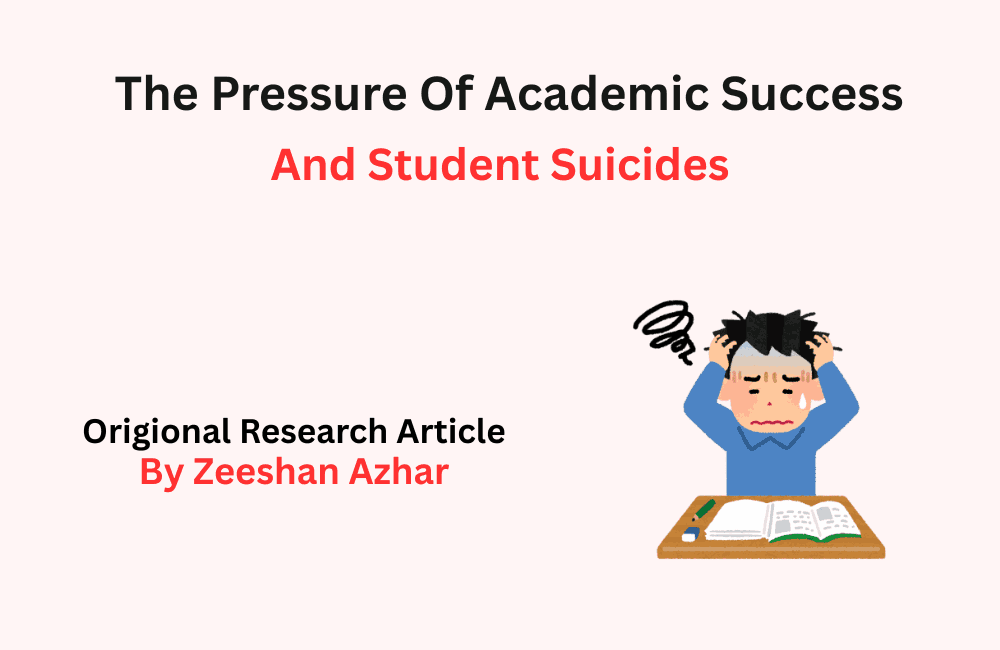
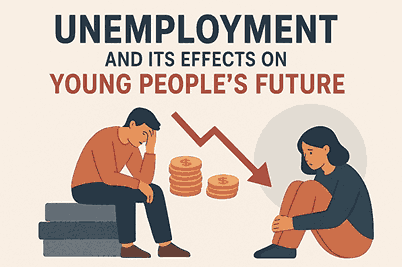
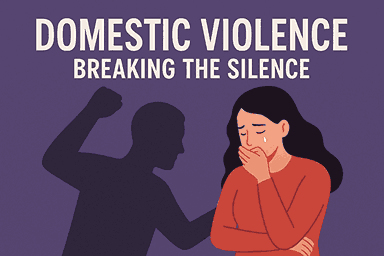


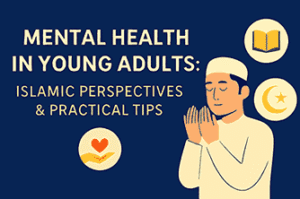

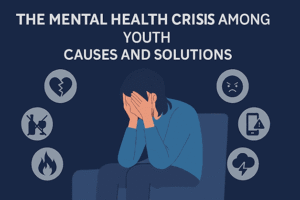
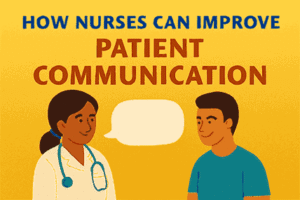


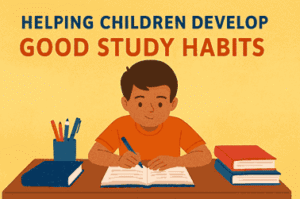
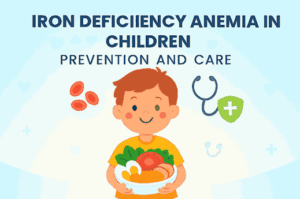
Post Comment